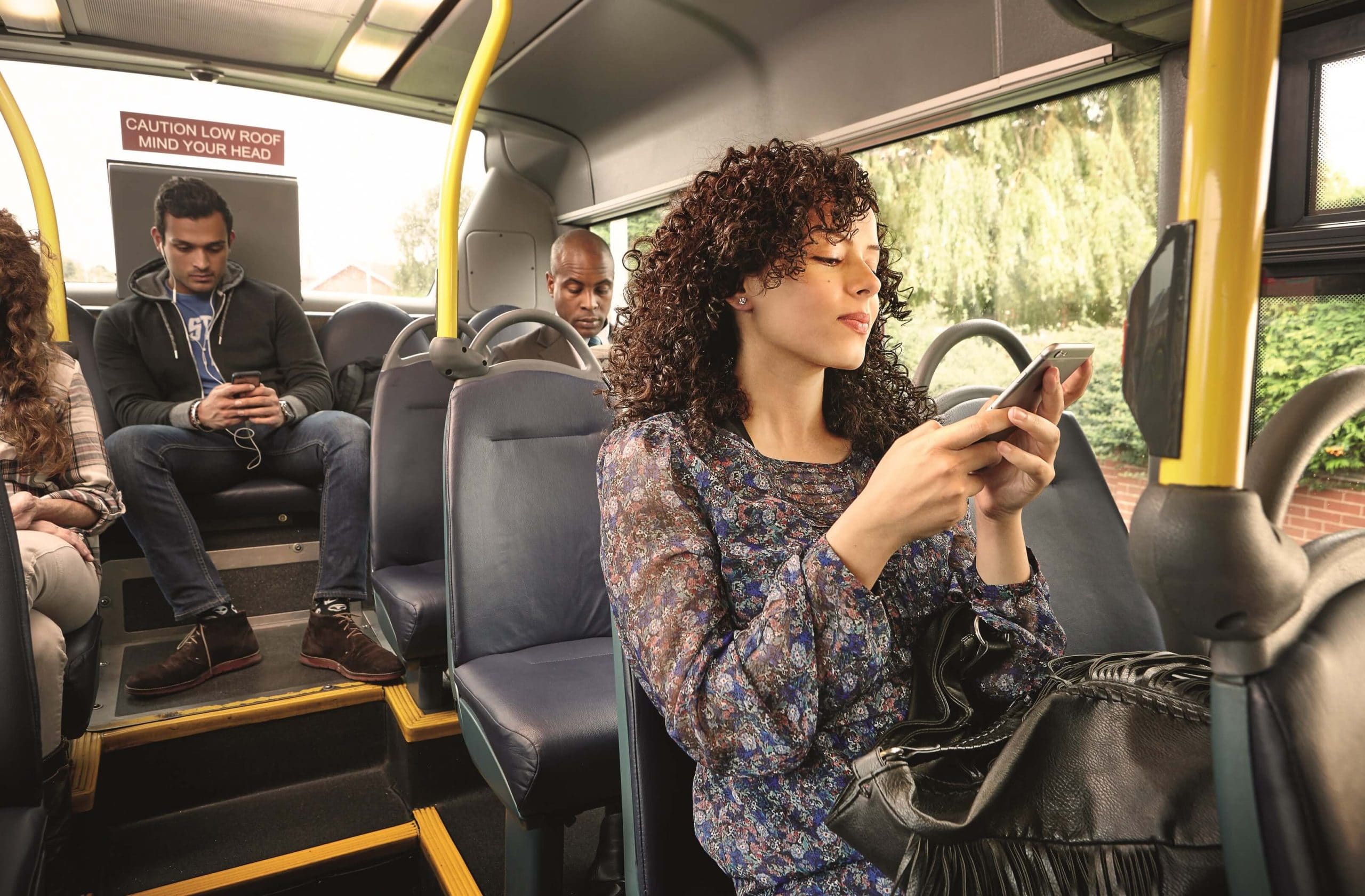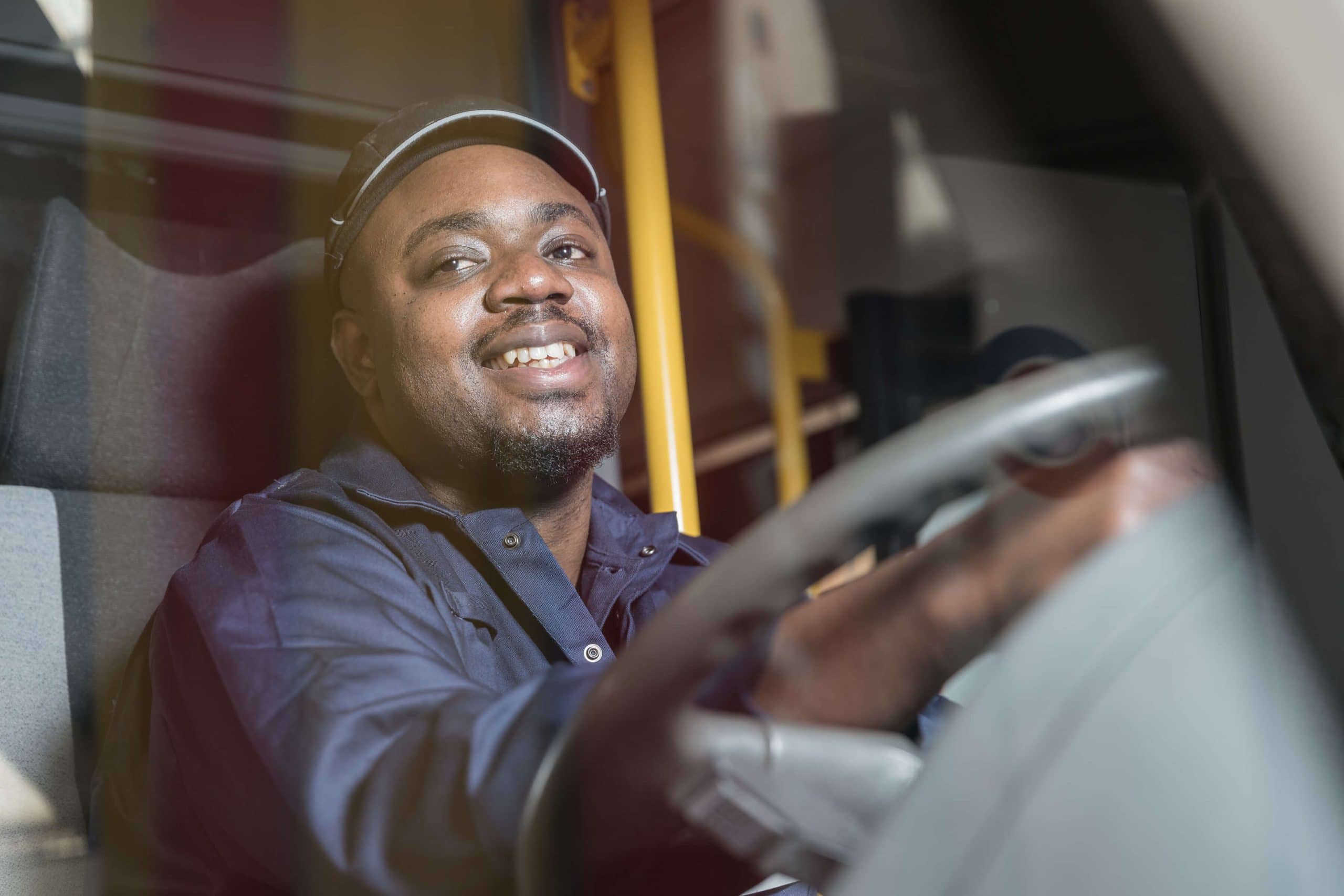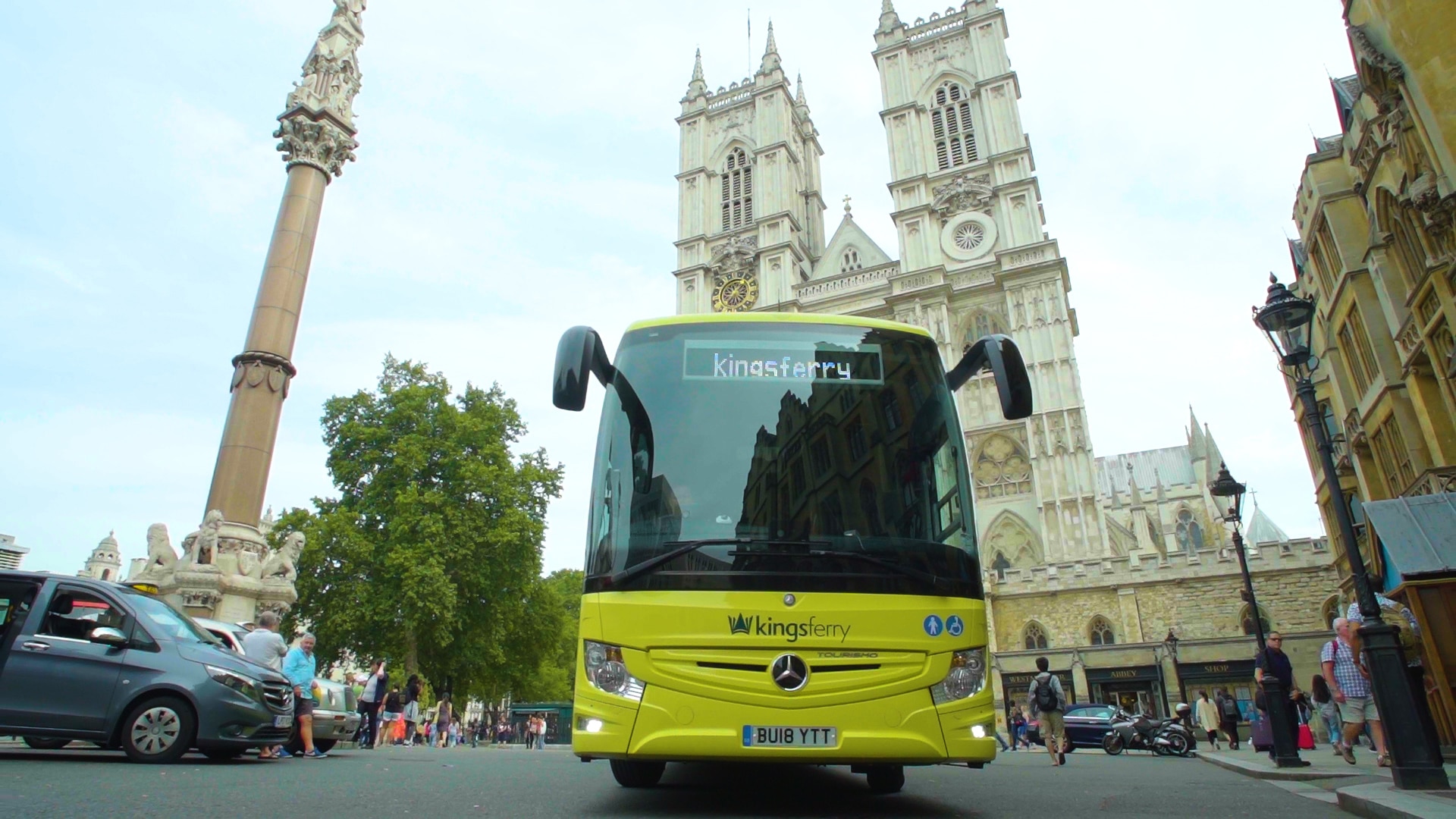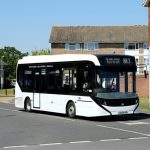‘Shared mobility’ is a buzz phrase. But is its true meaning understood by politicians? No, because they still forget coaches and buses
The reaction to Transport Minister Trudy Harrison’s comments about a shift away from car ownership towards shared mobility has revealed classic reactions to the idea of change or something different.
With an estimated 77% of households in Great Britain owning a car and around one car for every two people in the UK, how could we ever live in a world where cars are not owned by private individuals?
The minister suggested that shared ownership through car clubs and the use of e-scooters would become more common in the future. The most extreme reaction to this was from some parts of the media claiming that she is trying to ban car ownership, whipping up hysteria through clickbait.
‘Exact definition’
But already, so many people are turning to leasing as an affordable way to purchase a car. Around 50% of new cars are purchased through company car schemes, also using financing. We already live in a world where the idea of ownership has changed. The attraction of car clubs – they are getting easier to use and more flexible and now offer peer-to-peer renting, allowing individuals to make money by renting their car to others – is starting to make sense to many who cannot afford expensive insurance on second-hand cars.
The real tragedy in this debate is not that some people might be left behind in the 20th century for owning a car, but that the idea of shared mobility does not involve coaches and buses. Despite being the exact definition of shared mobility, coaches and buses do not attract nearly the same attention as ‘silver bullet’ technologies that will solve our transport and emissions woes.
Wales has it right
The same issue is cropping up in the development of local energy plans, where local authorities are working with the electricity grid to estimate the amount of new infrastructure that will be needed if 34 million cars become electric. Amazingly, these plans do not include local public transport, despite a clear direction to move to a zero-emission transport system.
Sadly, I do not believe that everyone buying EVs will solve congestion problems, and nor will car clubs prevent climate change. What will get us to a net zero transport system is modal shift away from the car.
The Welsh Government’s Sustainable Transport Hierarchy has got it right, and I believe it should be adopted from the top. The hierarchy states that only active walking and cycling takes priority over public transport when planning new infrastructure developments. If that was embedded in transport and planning departments, we would start to see bus services becoming as reliable, cost effective and affordable as the car is today.
Coaches also
Importantly, I also believe that the coach sector must make itself part of the public transport narrative. Despite sometimes wanting to be seen as different to buses, I believe that coach operators must use the association to become part of transport planners’ thinking. Otherwise, there is a risk that coaches will be the last sector to decarbonise due to the lack of access to infrastructure, or ‘costed out’ of zero-emission zones.
Despite having the most bus-centric Prime Minister history has ever seen, the bus is still considered something out of the 20th century and a hard sell to voters. Perhaps it is behavioural change in the political classes that is required, rather than the general public.



























